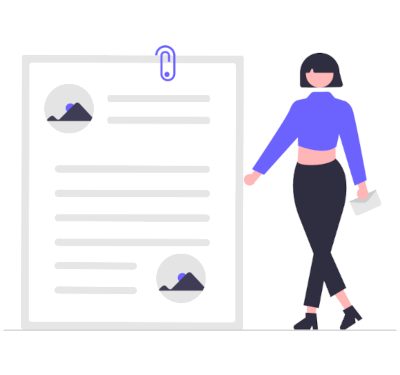
Its is said by some that a resume should be limited to one page. This however, is not true. It is perfectly acceptable to increase the length of your resume as you progress your career.
In the United States, a "resume" is often not much longer than one page. Each time a person applies for a job, his or her resume should be tailored in order to reflect skills and experience that will be of particular use in that position. For example, if a person were to apply for jobs as a biology teacher and a biking tour guide, he or she would likely have two separate resumes, one for each profession.
In some professions Resumes may be comparatively longer in order to cater for details relating to their experience, research, publications, and teaching.
In the United States and in the English-speaking areas of Canada, the word "resume" is used predominantly. Furthermore, these regions have begun to accept longer "resumes" that reflect CVs.
Therefore, in these regions, the term "CV" is not particularly necessary. The term "CV" is used more often in the UK, New Zealand, and French Canada. In India and Australia, however, the terms are generally interchangeable..
The only noticeable differences between a resume and CV are, a resume will often omit personal details that are included in CVs and CVs will have more detailed job descriptions / details of achievements.
Whether your prospective employer uses the term "resume" or "CV", make sure that you know what he or she is looking for in the document. Once you have this information, you can work on creating a knock-out resume or CV that will help you land your job when job hunting.
